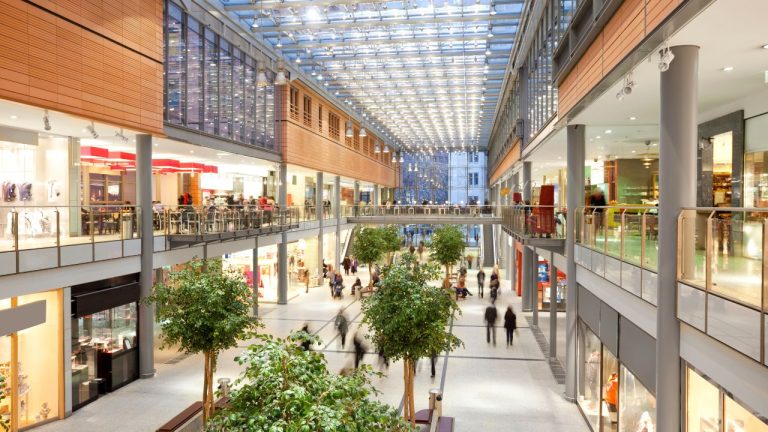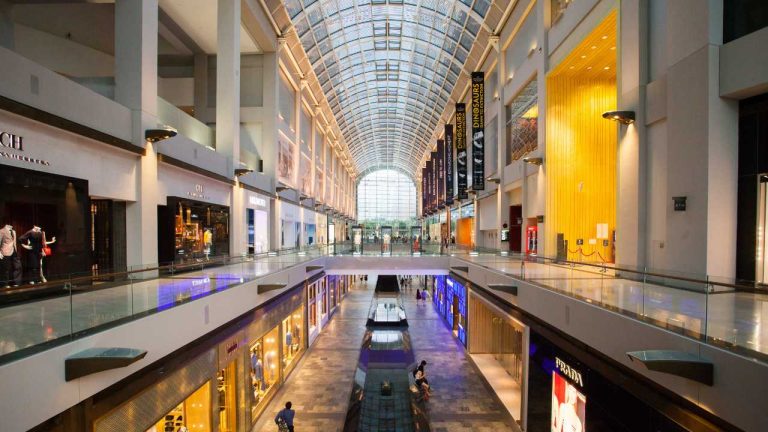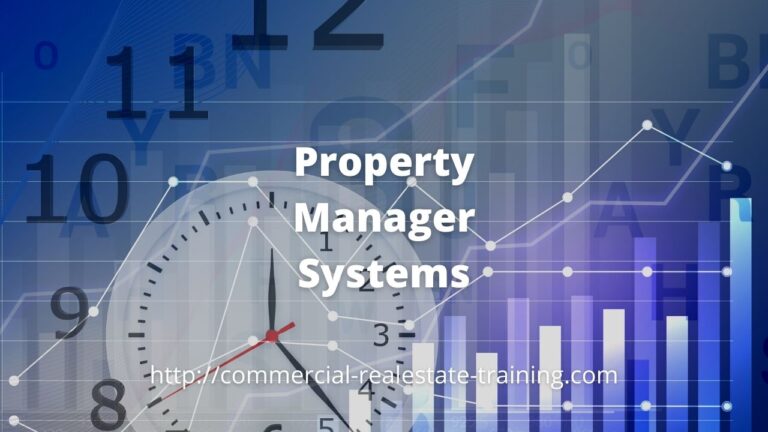How to Control Retail Tenants in Shopping Center Management
If you lease and manage retail shopping centres you will know the high value of meeting with your tenants on a regular basis. In most retail properties that will be at least once per month. Regular meetings with your tenants can help you control issues and predict problems; you can also improve occupancy issues with your tenants over time.
As a special note here it should be said that the volatile nature of retail property management should be respected and directly controlled by the centre manager and the retail management team. The tenants in occupancy are usually looking to the shop they occupy to produce growing results in trade and provide a good income.
In essence, any small retail shop is likely to be a ‘family business’ in one way or another. Any frustrations within the retail shopping centre or tenancy mix will produce problems, so it is wise to keep in close contact with all of your tenants. Meeting with your tenants in a regular way will help you see those upcoming problems and prevent them getting out of control.
Things to Control with Retail Tenants
The success of any shopping centre will largely be created by the centre manager and the interaction of that person with the tenants in occupancy. Here are some of the processes that can be controlled through regular tenant meetings:
- Levels of trade – In managing the property, you should also be tracking the levels of trade as they apply to the different tenancy types, the tenant clusters, and the individual leases. In that way you can identify when a tenant is struggling from a trading perspective in comparison to the other tenants in the location or around the property. Problems with trade can generally be fixed through an improvement in tenant placement, or retail merchandising.
- Lease intentions – Keep in touch with all tenants in occupancy to ensure that upcoming lease expires, options, and market rental negotiations are well planned and implemented. Create a spreadsheet or similar diary alert system to track and monitor the upcoming lease events at least 18 months before the critical dates arise. You can implement the necessary dialogue with each tenant in the lead up to the lease issue.
- Vacancy factors – One of the most challenging problems in retail shopping centre management is the control of the vacancies and lease expires. It is also the case that some tenants may be more beneficial to the tenancy mix than others; poorly performing tenants you may wish to remove from the property at the appropriate time. On that basis you really do need the tenancy mix plan and a tenant retention plan. Each year you can create those plans considering the upcoming lease expiries and the known intentions of tenants.
- Rental negotiations – Some rental negotiations and particularly those that apply to market rental can be difficult and protracted. Market rental comparisons from other properties will help you in tenant discussions. Start your rental dialogue with tenants early to ensure effective rental controls and agreements between the tenants and the landlord.
- Interaction with other tenants – Not all tenants in occupancy will integrate well with others surrounding them. You will need to look at the permitted use that applies to each tenant lease, and then make sure that each tenant and stays within the guidelines or limitations.
- Retail and merchandise offering – Watch for weaknesses and strengths in tenants merchandising their product. Presentation is really important on a shop by shop basis and some tenants will not apply sufficient focus to the ‘visual’ aspects of retailing. One poorly presented shop can impact other shops in the same cluster. To some degree you have to be the person to ‘police’ shop layout and presentation across the tenant mix.
- Renovation – Some leases will have requirements of renovation imposed through tenant leases. That renovation will need to be done in accordance with the fitout standards and specifications for the property. Talk through the renovation plans and intentions with your tenants early so the quality and timing of works can be controlled and optimised for a general improvement in trade.
- Relocation – In any shopping centre you will find that tenant relocations will be required from time to time. In doing that you can give more or less space to your good tenants to help them improve trade and overall customer sales. You can also move tenants to other shops to help them balance the mix of tenants across the property.
From this list it is easy to see why tenant meetings are so important to the success of any retail shopping centre. Stay in close contact with all of your tenants in a regular way. Track the issues from all tenant meetings in a diary alert system and minute’s record. You can also use those control systems to support your end of month reporting to the landlords owning the property.







